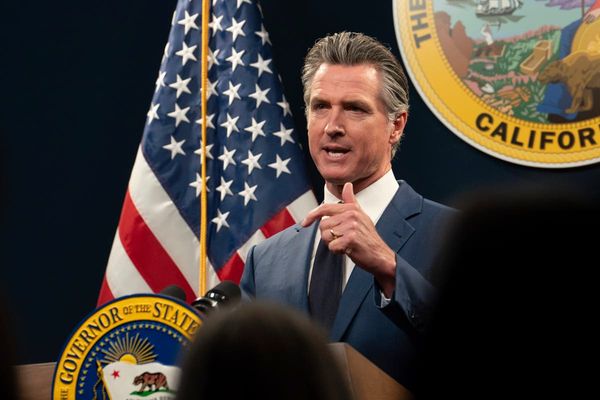
Men's violence against women has once again captured national attention. This year, at least 28 women have died, allegedly at the hands of men's violence. Recent homicide statistics released by the Australian Institute of Criminology show a surge in intimate partner killings and a significant disparity in First Nations victims. The figures are sobering and entirely unacceptable.
Protest marches around the country demonstrate levels of community anger over the horrific number of women killed this year. They highlight growing disillusionment and disappointment with existing strategies to combat gender-based violence, and demand rapid and decisive government action.
Although there is no one solution to this complex social problem, it is clear government must take a leading role in any efforts to drive legal and cultural change.
Prime Minister Anthony Albanese convened a landmark National Cabinet meeting on Wednesday, marking the first time it had met with the sole purpose of discussing violence against women. In announcing the outcomes of this historic meeting, the Prime Minister emphasised that this was a national crisis, requiring a unified national response.
One key outcome of this meeting was the commitment of $925 million over five years to permanently establish the Leaving Violence program. Under this program, those eligible will be able to access up to $5000 in financial support along with referral services, risk assessments and safety planning.
Another important outcome was the announcement of a range of new measures around toxic online material such as pornography, including legislation to ban deepfake pornography and additional funding to pilot age assurance technologies. These measures recognise how digital content influences culture and reinforces harmful and outdated gender norms.
The Prime Minister also highlighted several existing federal government commitments, including those already set out as part of the National Plan to End Violence Against Women and Children (2022 to 2032).
Although there were several positives to come from the Cabinet meeting, there is concern it did not go far enough, and at least some of what was announced was already in train. Some commentators are concerned the meeting did not include commitments that address the role alcohol plays in fuelling men's violence against women and children. Others questioned the efficacy of the Leaving Violence program, noting earlier iterations of this scheme were undermined by difficulties in establishing eligibility. Also, no extra funding for frontline services supporting victim survivors was announced.
There are also matters slated for ongoing discussion. For example, when asked specifically about bail law reform the PM did not rule them out, but acknowledged these matters needed states and territories to work in a coordinated way.
Importantly, another National Cabinet meeting is scheduled for the next quarter and ministers have agreed to undertake a range of work, including developing options for improving police responses to high risk and serial perpetrators, addressing uniformity across our states and territories and how to improve information sharing about perpetrators across systems and jurisdictions. This means the conversation is far from over.
Micaela Cronin, Federal Domestic, Family and Sexual Violence Commissioner, pointed to, and emphasised meetings with people who have lived experience of domestic, family and sexual violence, which confirmed widespread distress, but also indicated victim-survivors were pleased they were finally having a united, national conversation.
Reporting on the meeting's outcomes, the Prime Minister said: "Violence against women is not a women's problem to solve, it is a whole of society problem to solve; and men in particular have to take responsibility."
Perhaps one thing to emerge from this moment of national reckoning is not only a long overdue, united national conversation about the nature of this problem, but a renewed commitment to holding our governments to account in delivering on these solutions. This should be a defining moment in our country's history, and lives depend on it.







